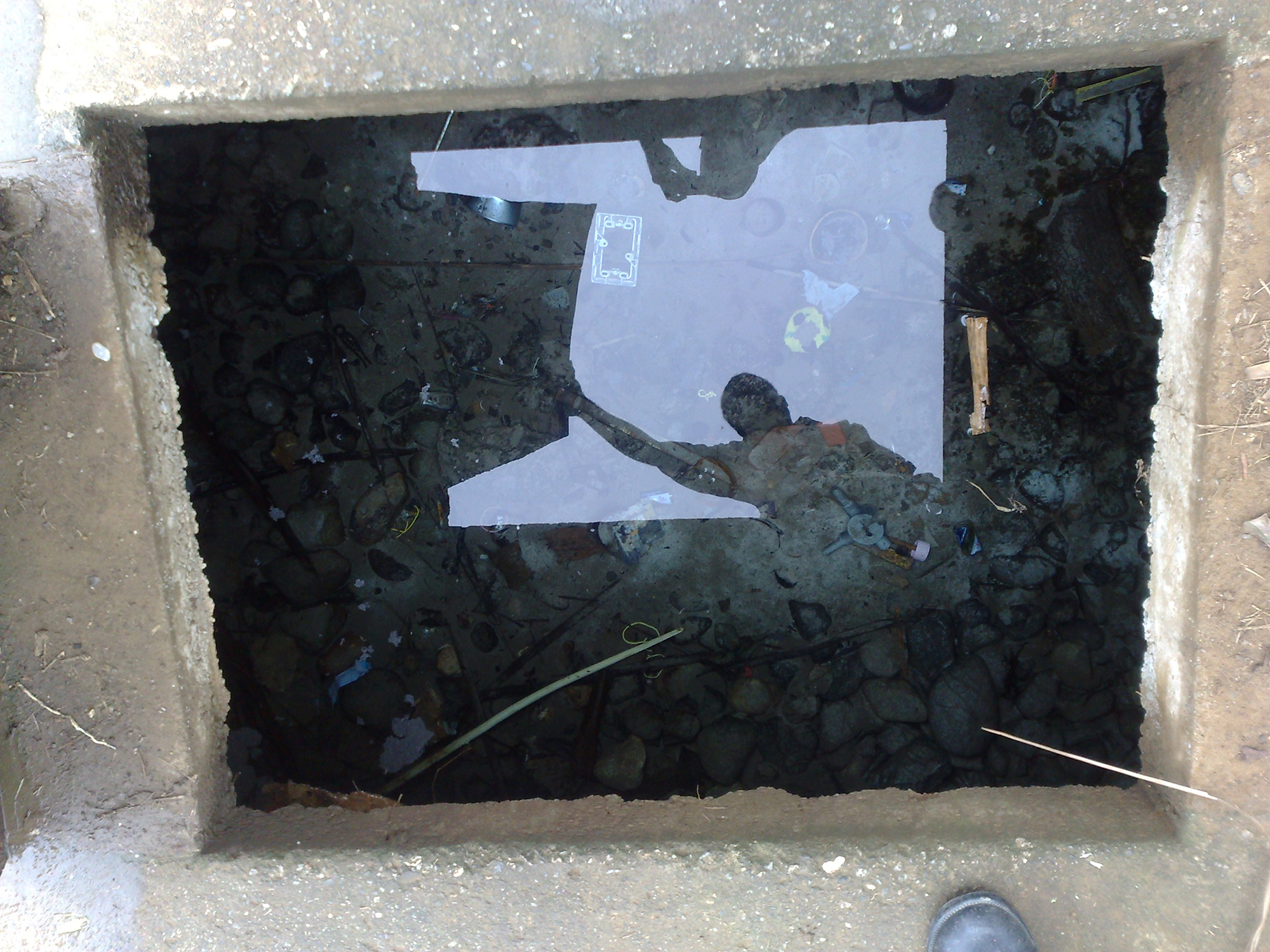
Safe drinking water, sanitation and hygiene, collectively known as WASH, aren’t usually the first thing that comes to mind for women’s rights advocates and activists, least of all during 16 Days of Activism against Gender-Based Violence. Yet they are undoubtedly huge barriers to safety, equality and education for women and girls worldwide.
One of the most insidious impacts of lack of WASH is on girls’ educational access, success, and sense of safety. One in three people worldwide doesn’t have access to a decent toilet. In low-income countries it is estimated that nearly half of all schools don’t have safe drinking water, decent toilets or hygiene facilities on the premises.
